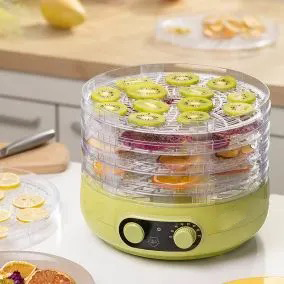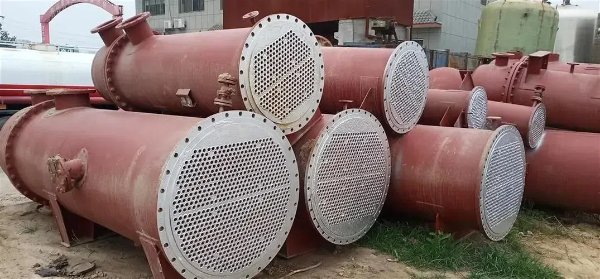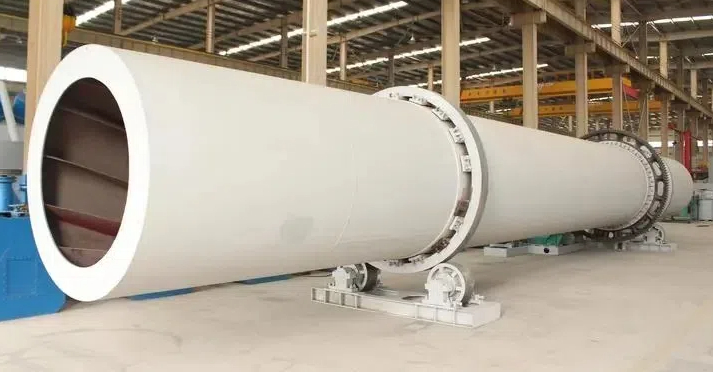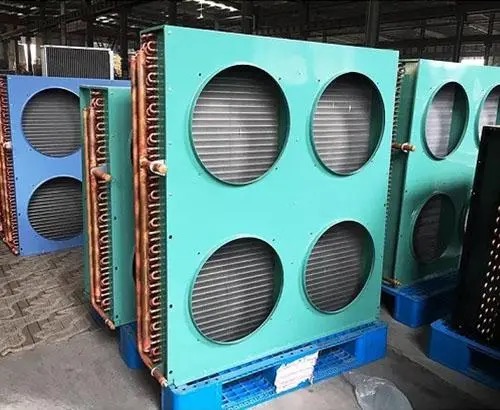
Content Menu
● Understanding Heat Pump Dryers
● Key Benefits of Heat Pump Dryers
>> Energy Efficiency
>> Gentle Drying Process
>> Versatility in Drying Applications
>> Reduced Environmental Impact
>> Improved Product Quality
>> Lower Maintenance Costs
>> Automation and Smart Technology
>> Space Efficiency
>> Consistent Drying Results
>> Cost-Effectiveness Over Time
● Conclusion
● Frequently Asked Questions
>> 1. What types of food can be dried using a heat pump dryer?
>> 2. How does a heat pump dryer differ from a traditional dryer?
>> 3. Are heat pump dryers suitable for small-scale operations?
>> 4. What maintenance is required for a heat pump dryer?
>> 5. Can heat pump dryers help reduce energy costs?
In the world of food processing, drying is a crucial step that significantly impacts the quality, shelf life, and safety of food products. As a leading manufacturer of food drying machines in China, we specialize in providing OEM services to international brands, wholesalers, and producers. One of the most innovative technologies in food drying is the heat pump dryer. This article explores the key benefits of using a heat pump dryer for food processing, highlighting its efficiency, sustainability, and versatility.

Understanding Heat Pump Dryers
Heat pump dryers utilize a closed-loop system that transfers heat from the environment to the drying chamber. Unlike traditional dryers that expel hot air, heat pump dryers recycle the air within the system, making them highly energy-efficient. This technology is particularly beneficial for food drying, as it allows for precise temperature control and reduced energy consumption.
Key Benefits of Heat Pump Dryers
Energy Efficiency
One of the most significant advantages of heat pump dryers is their energy efficiency. Traditional drying methods often consume large amounts of energy, leading to higher operational costs. In contrast, heat pump dryers can reduce energy consumption by up to 50%. This is achieved through the recycling of heat, which minimizes the need for additional energy input. For food manufacturers, this translates to lower utility bills and a more sustainable operation.
Gentle Drying Process
Heat pump dryers operate at lower temperatures compared to conventional dryers. This gentle drying process is crucial for preserving the nutritional value, flavor, and color of food products. High temperatures can degrade sensitive compounds in food, leading to loss of quality. By using a heat pump dryer, manufacturers can ensure that their products retain their natural characteristics, making them more appealing to consumers.
Versatility in Drying Applications
Heat pump dryers are incredibly versatile and can be used for a wide range of food products, including fruits, vegetables, herbs, and meats. This adaptability makes them an excellent choice for food manufacturers looking to diversify their product offerings. Whether you are drying apples, tomatoes, or fish, a heat pump dryer can be tailored to meet specific drying requirements. For instance, when drying fruits, the dryer can be set to maintain a specific humidity level to prevent browning and preserve flavor.

Reduced Environmental Impact
Sustainability is a growing concern in the food industry. Heat pump dryers contribute to a reduced environmental footprint by consuming less energy and producing fewer greenhouse gas emissions. Additionally, the closed-loop system minimizes the release of moisture into the atmosphere, which can be beneficial in areas where humidity control is essential. By choosing a heat pump dryer, food manufacturers can align their operations with eco-friendly practices, appealing to environmentally conscious consumers.
Improved Product Quality
The ability to control temperature and humidity levels precisely allows heat pump dryers to produce high-quality dried food products. This control helps prevent over-drying, which can lead to undesirable textures and flavors. Furthermore, the gentle drying process helps maintain the integrity of the food, resulting in products that are not only visually appealing but also taste great. For example, dried fruits retain their vibrant colors and natural sweetness, making them more attractive to consumers.
Lower Maintenance Costs
Heat pump dryers are designed for durability and efficiency, which can lead to lower maintenance costs over time. The closed-loop system reduces wear and tear on components, resulting in fewer breakdowns and repairs. For food manufacturers, this means less downtime and increased productivity, ultimately contributing to a more profitable operation. Regular maintenance, such as cleaning filters and checking seals, can further enhance the longevity of the equipment.
Automation and Smart Technology
Many modern heat pump dryers come equipped with advanced automation and smart technology features. These innovations allow for remote monitoring and control, enabling manufacturers to optimize their drying processes in real-time. Automation can also reduce labor costs, as fewer personnel are needed to operate the equipment. This technological advancement is particularly beneficial for large-scale food processing operations, where efficiency and precision are paramount.
Space Efficiency
Heat pump dryers are often more compact than traditional drying systems, making them suitable for facilities with limited space. Their design allows for efficient use of floor space while still providing high-capacity drying capabilities. This is especially advantageous for small to medium-sized food manufacturers looking to maximize their production efficiency without expanding their facilities. The compact design also facilitates easier installation and integration into existing production lines.
Consistent Drying Results
Consistency is key in food processing, and heat pump dryers excel in delivering uniform drying results. The ability to maintain stable temperature and humidity levels throughout the drying cycle ensures that every batch of food is dried to the same high standard. This consistency is crucial for maintaining product quality and meeting regulatory standards. Manufacturers can rely on heat pump dryers to produce uniform products that meet consumer expectations.
Cost-Effectiveness Over Time
While the initial investment in a heat pump dryer may be higher than traditional drying equipment, the long-term savings in energy costs, maintenance, and product quality make it a cost-effective choice. Food manufacturers can expect a return on investment through reduced operational costs and increased product sales due to higher quality offerings. Additionally, the longevity and reliability of heat pump dryers contribute to their overall cost-effectiveness.
Conclusion
In conclusion, heat pump dryers offer numerous benefits for food manufacturers looking to enhance their drying processes. From energy efficiency and improved product quality to reduced environmental impact and lower maintenance costs, these machines represent a significant advancement in food drying technology. As the demand for high-quality, sustainably produced food continues to grow, investing in a heat pump dryer can position manufacturers for success in a competitive market.

Frequently Asked Questions
1. What types of food can be dried using a heat pump dryer?
Heat pump dryers can be used for a variety of food products, including fruits, vegetables, herbs, and meats. Their versatility allows manufacturers to dry different types of food efficiently.
2. How does a heat pump dryer differ from a traditional dryer?
Heat pump dryers recycle heat and operate at lower temperatures, making them more energy-efficient and better for preserving food quality. Traditional dryers often expel hot air, leading to higher energy consumption.
3. Are heat pump dryers suitable for small-scale operations?
Yes, heat pump dryers are compact and can be tailored for small to medium-sized food processing operations. Their efficiency and versatility make them an excellent choice for various production scales.
4. What maintenance is required for a heat pump dryer?
Regular cleaning and inspection of components are recommended to ensure optimal performance and longevity. This includes checking filters, seals, and the overall condition of the equipment.
5. Can heat pump dryers help reduce energy costs?
Yes, heat pump dryers can reduce energy consumption by up to 50%, leading to significant savings on utility bills. Their energy-efficient design makes them a cost-effective choice for food manufacturers.












